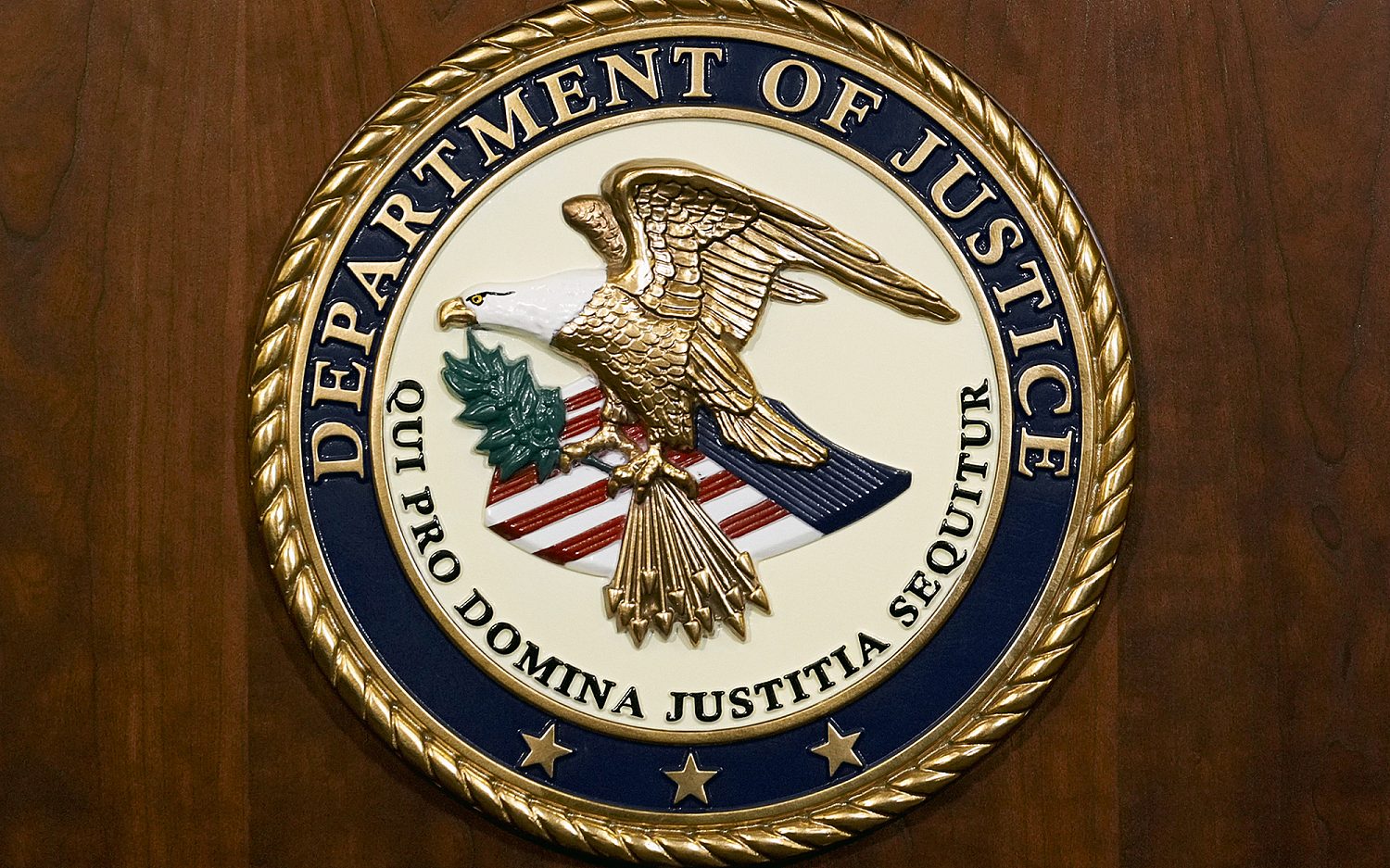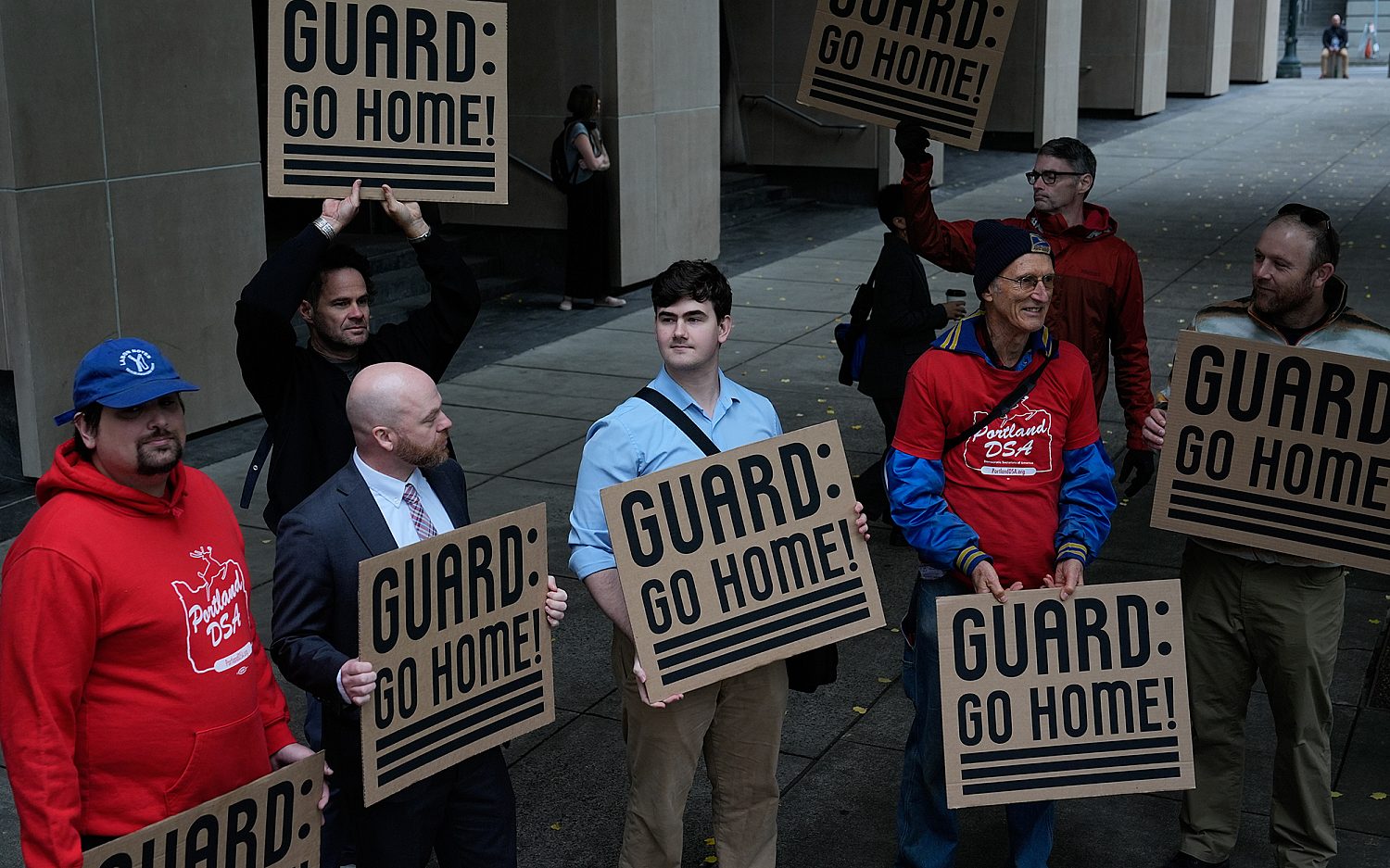Cuba news draws bipartisan criticism
Opponents say the Obama administration gave up too much and got too little in return
WASHINGTON—Lawmakers responded with mixed reactions on Wednesday after the Obama administration announced another surprise prisoner swap and a plan to normalize diplomatic relations with Cuba.
The dual announcement shocked Washington and led to bipartisan criticism, especially over the controversial prisoner exchange. Cuba agreed to release Alan Gross, a humanitarian worker, and an unnamed U.S. spy in exchange for the remaining three of the “Cuban Five,” who are treated as heroes in the island nation.
“President Obama’s actions have vindicated the brutal behavior of the Cuban government,” said Sen. Robert Menendez, D-N.J., chairman of the Senate Foreign Relations Committee. Menendez, one of three Cuban-Americans in the Senate, noted one of the released prisoners was convicted of conspiracy to murder for his role in the 1996 Cuban military attack on two U.S. civilian planes that killed several American citizens: “There is no equivalence between an international aid worker and convicted spies who were found guilty of conspiracy to commit espionage against our nation.”
Earlier this year the administration secretly negotiated the release of Sgt. Bowe Bergdahl in exchange for five terrorists held at Guantanamo Bay, sparking bipartisan outrage. Rep. Ed Royce, R-Calif., chairman of the House Foreign Affairs Committee, said the latest prisoner swap continues a “disturbing pattern” of releasing spies and terrorists—a pattern that doesn’t serve U.S. security interests or make Americans safer.
According to the State Department, the Cuban government has for decades “severely restricted fundamental freedoms, repressed political opponents, and violated human rights.” The State Department classifies Cuba as a state-sponsor of terrorism, along with Iran, Sudan, and Syria. The United States Commission on International Religious Freedom (USCIRF) lists Cuba as a Tier 2 country of particular concern, ahead of countries like Iran and North Korea, but along with nations including Afghanistan, Russia, and Indonesia.
Despite those grim classifications, the decision to normalize relations—which includes plans to open a U.S. embassy in Havana next year—met with more receptiveness from Democrats and some policy experts. Republicans pilloried Obama for seemingly negotiating little in return for a huge policy shift, which they cited as another foreign policy failure.
Sen. Marco Rubio, R-Fla., whose family is from Cuba, called the move an “inexplicable” attempt to “paper over the facts,” virtually none of which have changed since President Dwight D. Eisenhower severed diplomatic relations in 1960. Nine presidents have since declined to renew diplomatic and economic ties.
“More than just putting U.S. national security at risk, President Obama is letting down the Cuban people, who still yearn to be free,” Rubio said. He pledged to use his new position as chairman of the Senate Foreign Relations Committee’s Western Hemisphere subcommittee to make every effort to “block this dangerous and desperate attempt by the president to burnish his legacy at the Cuban people’s expense.”
Last month the Florida-based Cuba Transition Project released a collection of recent statements from dissidents who implored the United States to retain the existing embargo, which has for decades barred economic activity and free travel between the countries. Most said new leadership and guaranteed rights and freedoms must be part of any agreement to normalize relations.
Royce said it’s still unclear what actions, if any, the Cuban government agreed to take in return for the U.S. policy shift: “It doesn’t look like much.”
But some U.S. analysts argue the U.S. approach to Cuba was not working and freedom of movement and information often precipitates the fall of communist regimes. Katharine Gorka, president of the Council on Global Security, said many count it a “badge of honor to slam Obama,” but “in the long run I can’t believe this isn’t going to benefit the Cuban people.”
Gorka, who lived and worked in Eastern Europe from 1990 to 2008, said authoritarian governments rarely self-destruct in isolation because they can brainwash, imprison, and kill those who pose a threat. She cited Poland, Hungary, and Estonia as countries where the slightest bit of freedom, even while still under Soviet control, allowed ideas to travel and led to demands for more freedom.
Kristina Arriaga, a Cuban-American who is the executive director of The Becket Fund for Religious Liberty, said her organization hopes future negotiations will provide “robust protections” to long-oppressed groups.
“Religious people have suffered tremendous oppression, incarceration, torture, and a 30-year ban on religious holidays—including Christmas—which was only lifted before Pope John Paul II’s visit,” Arriaga said. “If there is one Dickens-like story that truly needs a redemptive ending, it is the story of the Castro brothers and their chokehold on free expression.”
An actual newsletter worth subscribing to instead of just a collection of links. —Adam
Sign up to receive The Sift email newsletter each weekday morning for the latest headlines from WORLD’s breaking news team.





Please wait while we load the latest comments...
Comments
Please register, subscribe, or log in to comment on this article.